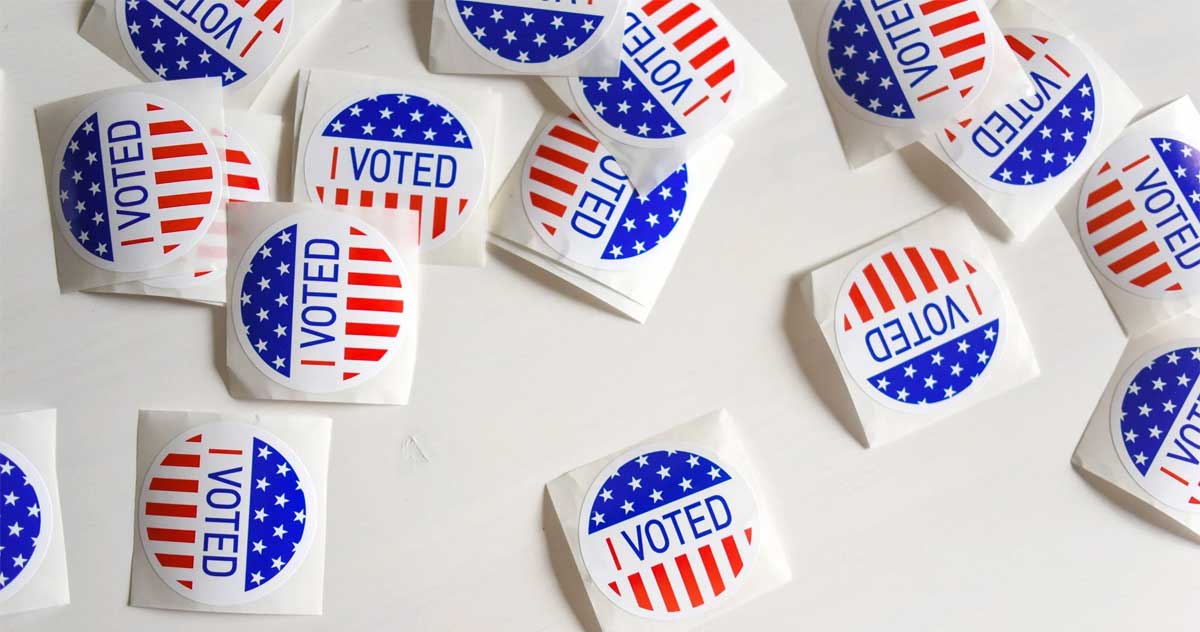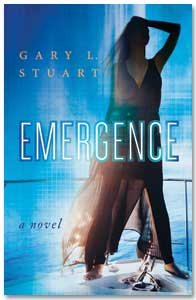This blog is about writing—specifically, the ethics of writing.
So, is voting writing? By voting, I mean in elections: county, state, national. In that context, voting is writing. You cannot vote orally in an election, by sign language, or by singing. You have to do it in writing.
So, we should define and advance ethical behavior and standards in voting.
Ethical voting is foundational and fundamental. Without ethical standards, unethical voting will elect unethical candidates. If they win the election, you can rest assured they will represent you as unethically as they ran their campaigns. They slither into office and muck everything up.
The Stanford Encyclopedia of Philosophy focuses on six major questions concerning the rationality and morality of voting. “(1) Is it rational for an individual citizen to vote? (2) Is there a moral duty to vote? (3) Are there moral obligations regarding how citizens vote? (4) Is it justifiable for governments to compel citizens to vote? (5) Is it permissible to buy, trade, and sell votes? (6) Who ought to have the right to vote, and should every citizen have an equal vote?”[1]
Given the current state of affairs, the sixth question may be the most important. We are facing an election that could undermine democracy. The polls, pols, and history tell us we must vote as if there were no tomorrow. A recent book makes these points eloquently. In “The Ethics of Voting,” author Jason Brennan says we have “A civic duty or moral obligation to vote . . . any sincere vote is morally acceptable . . . buying, selling, or trading votes is inherently wrong.”[2] But he argues, “It is not a duty for most citizens—in fact, many people owe it to the rest of us not to vote.”
His counter-intuitive position seems flat wrong. But his is a nuanced view based on how many people vote for whomever the polls predict will win. They abhor research and routinely fail to make an informed choice in the voting booth.
“Bad choices at the polls can result in unjust laws, needless wars, and calamitous economic policies.” Brennan shows why voters have duties to make informed decisions in the voting booth, to base their decisions on sound evidence for what will create the best possible policies, and to promote the common good rather than their own self-interest. They must vote well—or not vote at all. Brennan explains why voting is not necessarily the best way for citizens to exercise their civic duty, and why some citizens need to stay away from the polls to protect the democratic process from their uninformed, irrational, or immoral votes.
Other scholars take issue. “The first question that is often raised in a discussion of the ethics of voting is whether or not there is a duty to vote. The view that there is a duty to vote is supported by two main arguments. The first holds that since the value of democratic governance is high persons should vote to preserve stable democracy. The second is that there is a duty to vote because if nobody voted the effects would be disastrous.”[3]
Professor Brennan is an American philosopher and business professor. He is currently the Robert J. and Elizabeth Flanagan Family Professor of Strategy, Economics, Ethics, and Public Policy at the McDonough School of Business at Georgetown University.[4] His scholarship includes democratic theory, the ethics of voting, competence and power, freedom, and the moral foundations of commercial society.
His book is complex and worth your time. Voting based on polling is an absurd way to vote. However, we live in absurd times. His ethical point is voters who decide solely on polls ignore the reality of our democracy. You cannot poll democracy. You have to be a part of it. If you’re not you should stay home on election day.
The reciprocal of “not voting” is “compulsory voting.” Is compulsory voting ethical? Some think so, both as a philosophical matter and as a political imperative. In a new academic paper, Annabelle Lever and Alexandru Volacu connect the abstract concept of democracy to the concreteness of voting.[5] They wrote a book in 2018 titled, The Routledge Handbook of Ethics and Public Policy (2018). Chapter 19 posits the ethical dilemma.
“The ethics of voting is a new field of academic research, uniting debates in ethics and public policy, democratic theory and more empirical studies of politics. A central question in this emerging field is whether or not voters should be legally required to vote. This chapter examines different arguments on behalf of compulsory voting, arguing that these do not generally succeed, although compulsory voting might be justified in certain special cases. However, adequately specifying the forms of voluntary voting that are consistent with democratic norms is likely to be philosophically complex and politically controversial.”
Much of the theoretical debate about voting is abstract thinking. But some scholars have taken the theoretical a step backward—to focus on the Ethical Voter.
“No rational egoist should bother voting because . . . the probability of any one man casting the decisive ballot is less than the chance he will be killed on the way to the polls. No matter how deeply he cares about the electoral outcome, a man must realize that his vote is only one among very many. The larger the electorate, the smaller the probability of any one vote’s changing the outcome, so in most modern polities the politically rational thing to do is to conserve on shoe leather.”[6]
Real-world voters do flock to the polls, which is usually explained in terms of a feeling of “civic duty.” Many feel good about discharging what they feel is a civic duty. They differentiate the act of voting from whom they are voting for. It seems likely that most people vote for candidates they see as honest, morally upright, and trustworthy. But many do not; they vote for the party rather than the candidate. They will accept a flawed candidate to get their desired political result.
To complicate this reality, there are many single-issue voters who don’t care about the party, principle, morality, or even banality. They vote for one side or the other on nationally debatable issues. They are binary and rarely budge. In the extreme, they will give up all other issues to get the one they live by and for. They are pro-life or pro-choice. Pro-gun or pro-gun control. America First or pro-immigration. White supremacy or pro-civil rights. Capital punishment or life in prison. And there are always a few who vote for the best-looking candidate. Single-issue voters are mostly independent, but they wander back and forth across party lines based on mood changes, age, race, gender, and sentimentality. Single-issue voters often live in an ethical-free zone, vote their issue, and nuts to the other side.
When the shouting is over, the votes in and counted, there is at least one organization that professes a balance between ethics and politics. Unite America is a movement of Democrats, Republicans, and independents working to bridge the growing partisan divide and foster a more representative and functional government.[7] It’s not America First or Global First it is just Voter First.

I am an author and a part-time lawyer with a focus on ethics and professional discipline. I teach creative writing and ethics to law students at Arizona State University. Read my bio.
If you have an important story you want told, you can commission me to write it for you. Learn how.
[1] https://plato.stanford.edu/entries/voting/
[2] https://www.amazon.com/Ethics-Voting-Jason-Brennan/dp/0691154449
[3] https://oxfordre.com/politics/view/10.1093/acrefore/9780190228637.001.0001/acrefore-9780190228637-e-1362
[4] https://en.wikipedia.org/wiki/Jason_Brennan
[5] https://hal.archives-ouvertes.fr/hal-02506504/document
[6] R.E. Goodin and K.W.S. Roberts, The Ethical Voter. Published online by Cambridge University Press, August 2014. https://doi.org/10.2307/1958406






 I am an author and a part-time lawyer with a focus on ethics and professional discipline. I teach creative writing and ethics to law students at Arizona State University.
I am an author and a part-time lawyer with a focus on ethics and professional discipline. I teach creative writing and ethics to law students at Arizona State University.  My latest novel is Emergence, the sequel to Let’s Disappear.
My latest novel is Emergence, the sequel to Let’s Disappear.  If you have an important story you want told, you can commission me to write it for you.
If you have an important story you want told, you can commission me to write it for you.